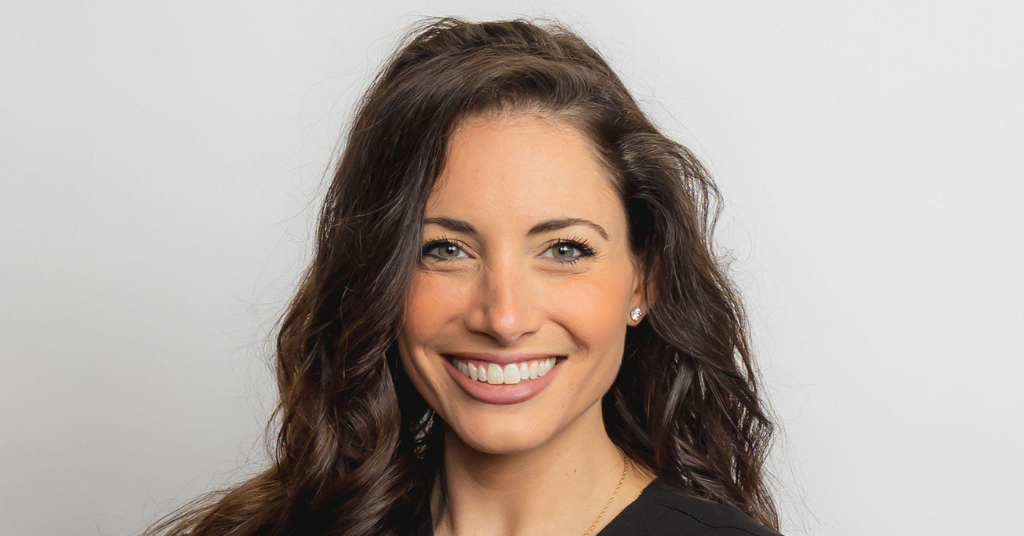
Community Spotlight: Meet deaf audiologist and chef, Michelle Hu
June 10, 2020
What I’m learning from my evolving deaf identity
June 15, 2020What to do early on for your deaf baby

When receiving an early diagnosis of hearing loss for your child, it’s easy and normal to feel overwhelmed. For some, these feelings lead to a paralyzation of sorts, as processing takes time. Others take that diagnosis and begin doing everything possible to understand and take control of the situation. However, there’s a lot you can do early on for your deaf baby.
Acting early on for your deaf baby
While there is no wrong way to react after an unexpected diagnosis, it’s important to begin taking action once you’ve taken the time to process. Of course, it’s sometimes hard to feel like you’re really doing enough when your baby is still so young. But the more you do early on for your deaf baby, the better.
For us, we view taking action now as a way of setting routines and expectations as our son Cooper grows older, especially since he will be receiving cochlear implants when he is around one year old.
Here are a few of the ways we’ve taken early action:
Speak with your early intervention team
Early intervention practices vary by state, so first and foremost it’s important to research the practices in your own state. Where we live, visits take place at home or daycare and start as soon as possible. Our first visit from early intervention was when Cooper was seven weeks old. Now we speak to or meet with his team a few times each month. Of course, when your child is very young, there’s only so much you can do during early intervention meetings. Sometimes it feels like there isn’t much accomplished during these meetings. But we know that setting up this routine early on is important as we move forward.
“Early intervention practices vary by state, so first and foremost it’s important to research the practices in your own state.”
Introduce baby signs
As Cooper grows up, we plan to teach him some ASL. But for now, we’ve started with typical baby signs, like “milk” and “bath.” He’s not signing back yet, but he definitely recognizes the words. Other hearing babies will begin to say their first words. We know that for ours, that won’t happen until sometime after he is implanted. So in the meantime, having some signs for him to use gives him a way to communicate with us.
Face your baby when you speak
Before Cooper, I never paid much attention to what direction I was facing when speaking to people. But because lip-reading and seeing people’s expressions will be vital for him as he grows, I do my best to face him straight on when speaking to him. I know that right now, he can’t hear what I’m saying in order to connect words with the way my mouth moves. But I’m making it a habit for myself so that when he does have implants, it’s not another thing I have to concentrate on while learning the rest of the ropes.
Connect with other parents of children with hearing loss
When it comes to preparing for the future, connecting with other parents is a great resource. At the beginning of this journey, we had so many questions about what the future would look like and what steps we could take to make sure that Cooper was as prepared as possible. Talking with other parents, especially those in our local area, really put our minds at ease. It also helped us to start making decisions about communication methods and what best fit our family.
Read more: How connecting with parents of deaf children made a difference in my life
Make contact with Your school district
In most cases, this is done through early intervention. However, if you take the initiative to reach out, you can begin to make connections that will be vital as your child grows and enters school. You will also likely discover other helpful resources for when your child is young. In our case, we’ve started taking part in some early childhood education classes already. This allows Cooper to get used to spending time with other children and being in a classroom setting. The instructors there can also offer helpful resources and connections to others in the community who may be going through a similar situation.
Advocate to get your child’s hearing technology as early as possible
Right now, this means hearing aids for Cooper. We are lucky to have a great team and got his hearing aids very early on. Though they don’t do much in terms of helping him hear, they still are important. We try to keep them in six to eight hours a day. We’ve been keeping in close contact with his medical team and are shooting to have his bilateral implants placed when he is around one year old. The goal is before 18 months for the best outcomes, so it’s important to stay as on track as possible.
As I mentioned before, there’s really no wrong way to begin taking steps for your child, apart from refusing to take them at all. Denial is dangerous and will likely affect your child’s ability to keep up with peers in the future. No matter how small, taking some sort of action early on to help your deaf baby is a step in the right direction. It will also help you begin to process your child’s hearing loss diagnosis. Beginning to understand the whole process and what the future looks like is as helpful for you, the parent, as it is for your baby.



